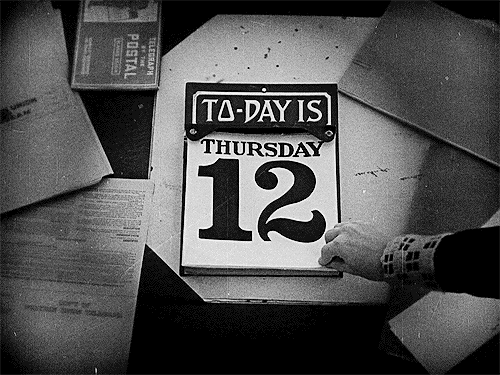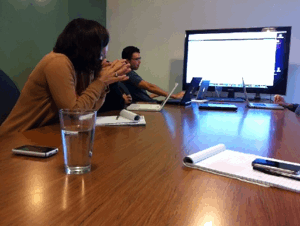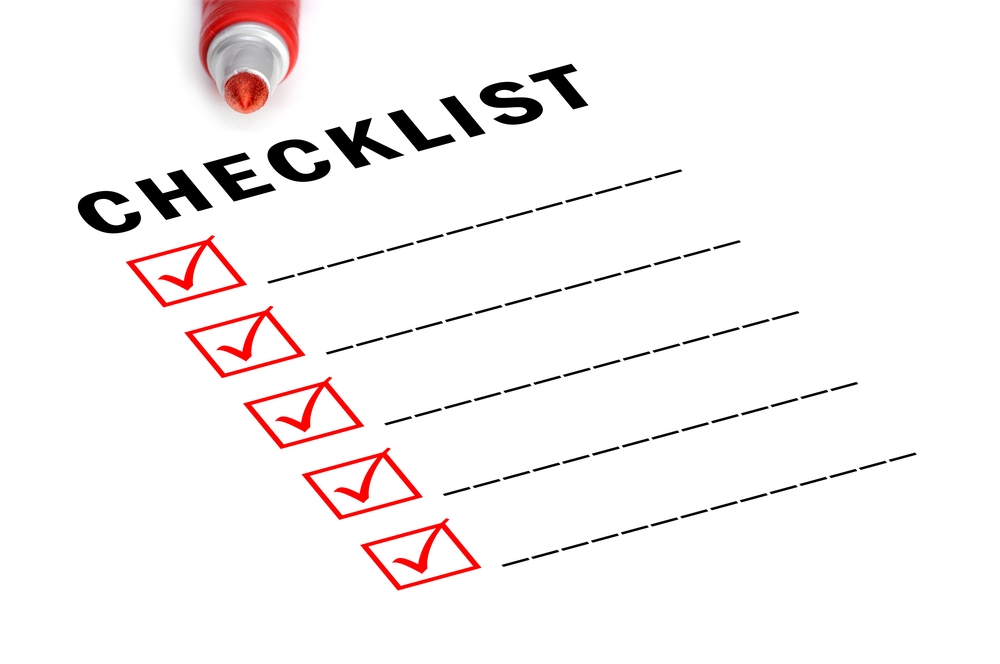8 Easy Steps to Plan a Corporate Event

Planning a corporate event can be a daunting task. Be it a large conference, a board meeting or even an employee training session, there are so many things to do that it becomes hard to know where to start. Don’t worry, we have brainstormed some great ideas that would help you to kick start your next big corporate event in a venue of your choice. 
Top 8 Steps to Organise a Corporate event
Here are 8 easy steps that you can follow to organise a business event as per your requirements:
1. Consider the End Goal
Every event has a different objective and as an organiser, you hope to achieve it. Once you narrow down the main objectives of your event, then it will be easy for you to focus on your efforts and communicate with your team more effectively. The event goals should clearly outline its purpose, providing you the clear road map for planning it. 
2. Gather a Team
It can be a little stressful if you plan and work alone for an event. If you have more people to help you out with ideas, plans, and tasks then you can surely save a lot of money and time. If you’ve a limited budget, then reach out to friends and family, who might volunteer to assist you in organising the event. It’s always a good idea to have team members with different skills so that they can help you in event success. Delegate tasks to your team members and try to play the coordinating role. 
3. Choose the Perfect Date for the Event
People often overlook this and at times don’t consider the perfect date for their business events. It’s important that you choose the right date and time for your event. Make sure that there is no similar event in place, which hinders your turnout. You should crosscheck with the venue providers what date suits the most for your event. Planning your event in the midweek, say Wednesday or Thursday can give you and your team more breathing space, as not many people prefer these days. Most venue providers also provide discounts if you use meeting rooms in the weekend. So, plan wisely and choose the perfect date for your business event. 
4. Create a Budget for Your Event
Preparing a budget for your corporate event is one of the most important things that will have a great impact on the rest of the planning steps. It is the starting point for venue hire, catering services, equipment hire, and entertainment. If you have a set budget in your mind then it becomes easier to plan more realistically. When preparing a budget, try to be as accurate as possible. Examine every aspect of the meeting and its associated costs. To help you create your budget for the event, you can use online tools like Super Planning App or EventBudget. 
5. Find a Perfect Venue
Finding a perfect meeting venue is not that easy. You have to consider a lot of things before you finalise a venue for your event. Make sure that venue you choose is close to public transport, provides a lot of car parking space and is easy to access from all parts of the city. Find out how many delegates will be attending your corporate event. Make sure that you choose a venue that can accommodate that number of people in the layout you’re looking for. If you want to save some time and money while searching a perfect meeting venue for your event, then you can use our online booking system by clicking here. 
6. Prepare an Event Checklist
This is one of the important steps to your event success. After brainstorming the event plan, it’s time to create a checklist for it. Materialize your ideas by breaking them down into actionable steps, which you can follow easily. Here are some important tasks you can include in your checklist: • Venue hiring – agreement, deposit, and availability • Security – rental fees • Marketing – website creation, radio promotion, and social media promotion • Catering – location, availability, and cost • Entertainment – availability, duration, and cost • Sponsorship – arrange funding, negotiate terms, and collect supplies 
7. Event Promotion
No matter what event you’re planning, you still need to make sure people know about it. You can follow a number of ways to market your event to the world, some of which include: Social media channels They’re one of the best mediums to create a buzz and excitement for your event. Social media allows you to keep your audience updated with announcements and pictures of what they can expect leading up to your corporate event. You can even use social media to answer queries and provide customer support to people who are attending the event. Create a Facebook event page, which you can use to promote your event to a targeted audience online. You can also target people on Twitter and LinkedIn. Make use of a hashtag on Twitter to promote your event. You can also try to create a promotional video and share it on YouTube or Vimeo. Old school media When promoting your event, don’t forget the old school media, such as radio and local newspapers. They’re always looking for such content and who knows you get a chance to promote your event for free too. 
8. Don’t Forget to Follow Up
Your event is over. Now what! Just because your event ended that doesn’t mean that the excitement is over. Highlight the special moments of the event and engage your audience on social media to get feedback. Thank everyone online and provide them with all highlights of the meeting to maximise its impact. Getting everyone’s feedback is important, especially if you’re planning to organise similar events in the future. It can help you to see what areas worked well and what you can improve. You can start online surveys on social media to encourage people to provide their feedback.









